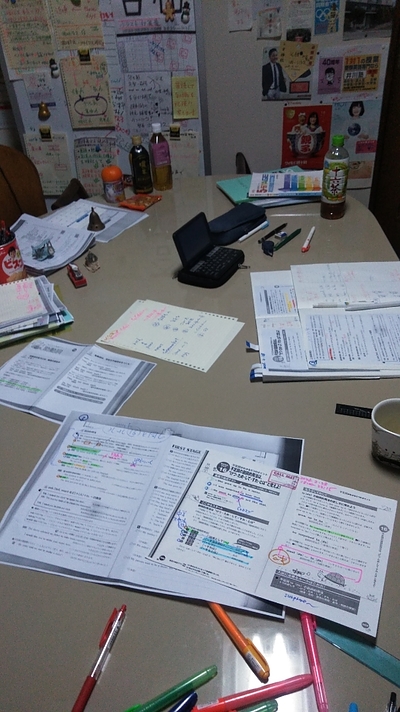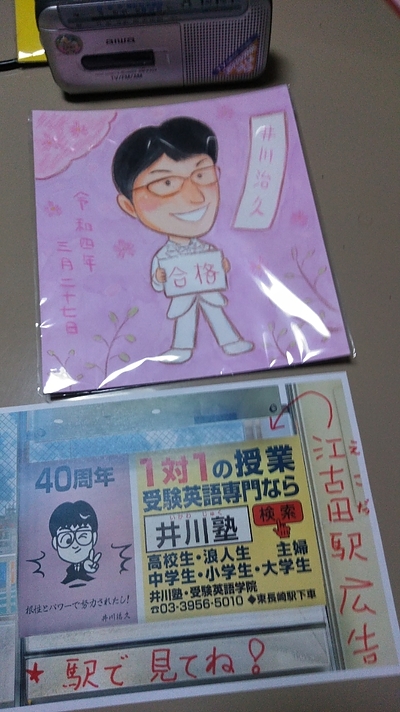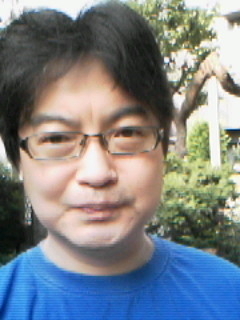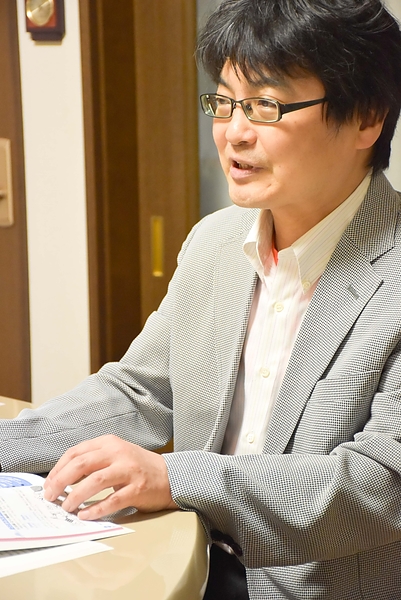予習は時間がかかるが大事。継続すれば、時間は短縮する。
2021年3月17日・更新:
****************************************************
2018年6月7日:
◆ナマ授業日誌:
(第一部):「 英文精読」復習小テスト演習
(第二部):「英語長文読解法」
休憩:
(第三部): 「単熟語」抜き打ち・復習小テスト&添削。
*****************************************************
こんにちは。
井川塾、ベテラン塾長の井川(いかわ)
です!
http://mbp-japan.com/tokyo/ikawa/
「生徒の疑問点」や「読解方法で知らない事」が、出て来た!
・・・・・・本日も、生徒の疑問点や、質問に、一つ一つ、答えて行きました。
・・・・・・生徒の「疑問点」や、「読解方法で知らない事」が、たくさん出て来て、解説に時間がかかりました。
・・・・・・でも、時間をかけた分だけ、「成果が、大きく上がった」と思います。
どれも、知っておきたい事ばかりで、手抜きできません!
・・・・・・どれも、知っておきたい事ばかりで、「手抜き」はできません!
生徒も、塾長も、全力で、がんばりました!
・・・・・・生徒も、塾長も、とてもよく頑張りました!
武蔵大学の英語長文:疑問点を、一つ一つ、解決!
本日の【生徒の疑問点、質問点等】:
**********************************************
**********************************************
(1):
★筆者が「問題提起」をしているか?
★「導入部分」は、あったか?
★筆者の「主張」の目印は、あったか?
(2)
★英文の内容を「思考」する際に、「場面」を、思い浮かべたか?
(3)
★「対比」されている部分は、あったか?
★その部分の「★要点メモ」を、さっさっと、書いたか?
***********************************************
***********************************************
(4)★「比較級」の読み方は?
(5)★「~場合のように」 (2)
(6)★ as ・・・ の用法。
(7)◆ as for ~。
★ as to ~。
(8)★ concerning ~
(9)★ might
★may
★ would
★ could
(10)★「時制の一致」に気づいたか?
*上巻284:授業ノート。
(11)★「~と呼ばれている」(2)
(12)★「人々」の表し方
(13)◆ those (4)
(14)★「会話文」の直後で注意することは?
************************************************
(15)★「運転免許証を取り上げられる」
(16)★「~を待たせておく」
★「待たされる」
(17)★「~を身に付けている」 (3)
★ wear headphones
(18)★「~に取りつかれている」 (2)
(19)★「~を所有している」 (2)
(20)★「~に耳を傾ける」
(21)★ make a noise (2)。
★ make a sound 。
(22)◆ hide ~
= ◆ ( ) ~
(23)★VR
= ( )( )
(24)◆ a virtual impossibility
(25)★ test subjects
(26)★associate
★ an associate professor
★ an assistant professor
(27)★「源、出所、原因、水源」
(28)★「手触り、口当たり(舌触り、歯ごたえ)」
(29)★「噛む」、「咀嚼(そしゃく)する」
(30)★「導入、紹介、序論」
(31)★ introduce A ( ) B (2)
(32)★ impact (2)
(33) ★「~に莫大な影響を及ぼす」
(34)★「5ポンド紙幣」
(35)★ audio
⇔ ★( )
(36)★「市場戦略」
= (m )
***********************************************
***********************************************
武蔵大学の過去問:音読して「英文の流れ」を覚えよう!
・・・・・・生徒が持参した「武蔵大学の過去問の英文」を、一緒に、読みました!
・・・・・・興味深い身近な内容の英文で、楽しかったです!!!
***********************************************
(37):
◆ Hearing is often (c ) "the forgotten food
sense," (s ) Ryan Elder.
◆ Elder is an assistant professor ( o )
marketing .
◆ He says that if people notice the sound the food
(m ) as they eat it, they might eat (le ) .
◆ On the other ( ) , watching loud television or
listening ( ) loud music (w ) eating
can hide such noises . And this could lead
( ) overeating .
*******************************************
(38):
◆ (F ) the study , the researchers wanted to test
(w ) the sounds of eating had any (e )
on how ( ) a person ate .
◆ During the experiments , the test (s )
wore headphones and listened to noise
at (e ) a high or low audio level .
◆ (Th ) researchers gave them a crunchy snack
: pretzels(*プレッツェル).
◆ The study (f ) that subjects who listened to
the higher volume noise ate more pretzels
than (t ) with the low audio levels .
***********************************************
(39):
◆ Elder says that when hiding the sounds of eating ,
( ) when you watch TV or listen to
loud music while eating , you take (aw )
the sense of hearing.
◆ And this may (c ) you ( ) eat more
than you would normally .
***********************************************************************
「武蔵大学」など、あなたの第一志望の問題を研究:
(体験授業):
http://mbp-japan.com/tokyo/ikawa/seminar/
*****











